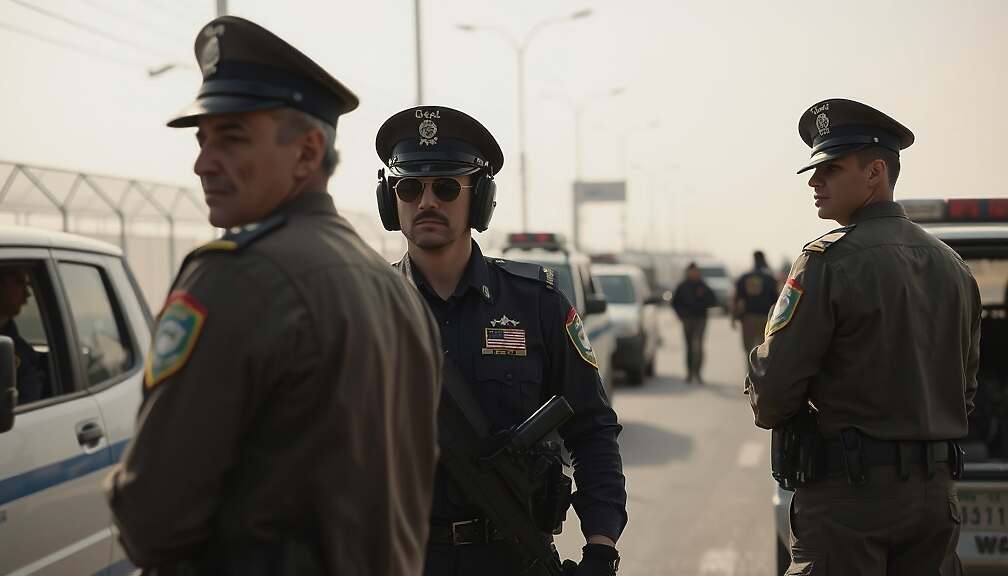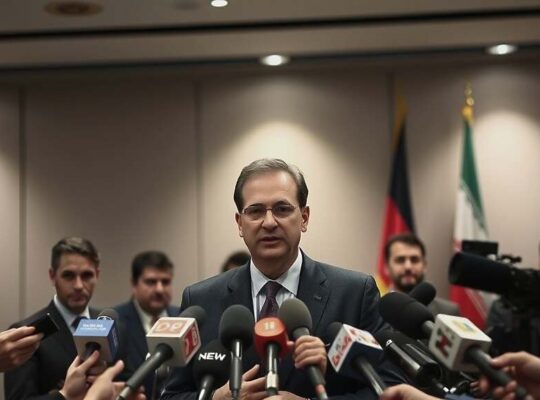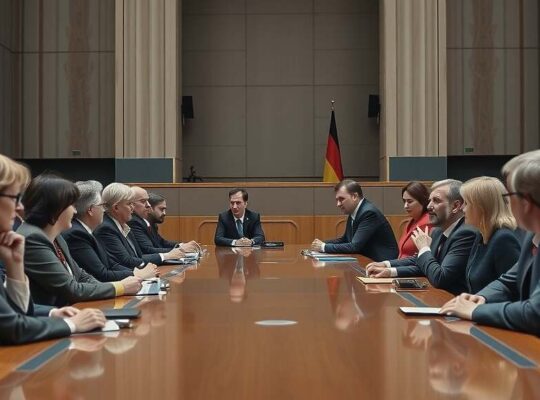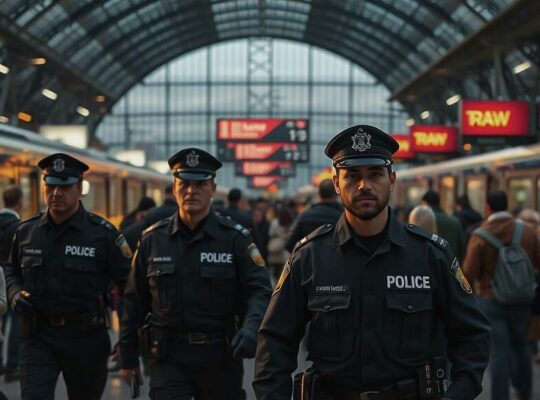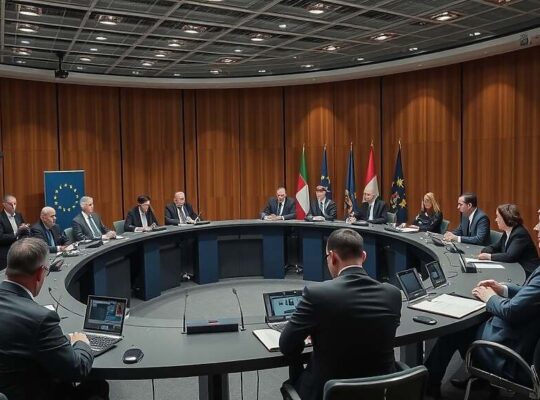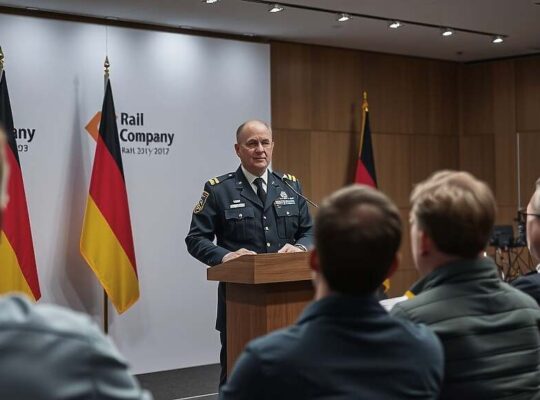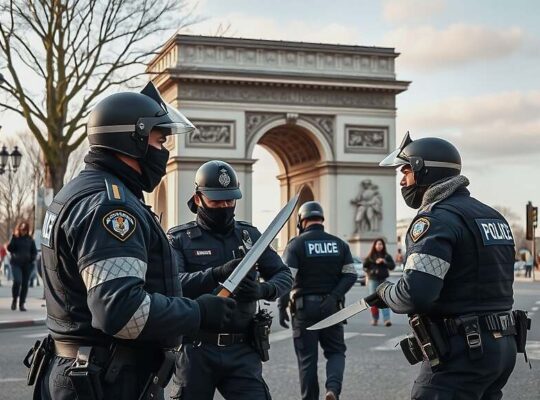New figures released by the German government reveal a significant strain on the Federal Police (Bundespolizei) following the intensification of border controls introduced on May 8, 2025. Responding to an inquiry from the Green Party parliamentary group, the data indicates that as of the end of August 2025, the Federal Police had accrued approximately 2.7 million overtime hours.
The accumulation represents a rise from 2.42 million overtime hours in April 2025 and 2.31 million in September 2024. The increase followed instructions from Interior Minister Alexander Dobrindt, authorizing the rejection of asylum seekers even when they apply for protection. Expenses related to the overtime hours, as well as accommodation and sustenance for the deployed officers, totaled roughly €29 million between April and the end of June.
The government figures specify that a comparatively low three-digit number of asylum seekers have been rejected under the heightened border controls. As of September 22, 2025, the Federal Police carried out 14,660 rejections, including approximately 783 individuals classified as asylum seekers from third countries deemed “not vulnerable”. This categorization excludes children, pregnant women and those with medical needs.
The Green Party has voiced criticism of the situation. Irene Mihalic, parliamentary group leader for the Greens, stated that the increase in overtime, widespread sick leave and high costs linked to the border controls represent a “disastrous” outcome under the responsibility of Interior Minister Dobrindt. She added that the controls are pushing the Federal Police beyond their capacity.
Sven Hüber, Deputy Federal Chairman of the Police Union (GdP), echoed concerns about the strain on personnel, characterizing the number of rejections and deployed officers as demonstrating a “significant imbalance between effort and benefit”. He stated that operational units within the Federal Police are being overwhelmed by the additional workload.
Heiko Teggatz, Deputy Federal Chairman of the German Police Officers’ Trade Union (DPolG), which maintains close ties with the ruling coalition, offered a differing perspective. While acknowledging ongoing stress on officers, he emphasized the view that border controls remain manageable and are necessary. He highlighted the perceived reduction in illegal migration as a key objective.


